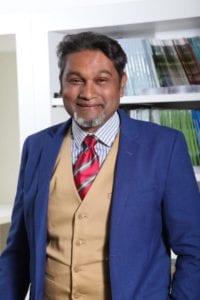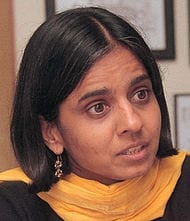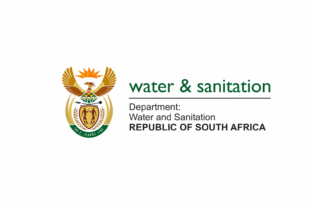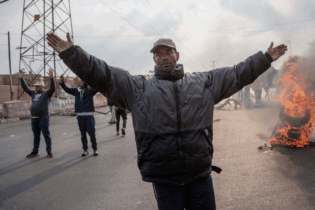Speaking at the Water Institute of Southern Africa (WISA) 2018 Conference, two well-known environmental activists in the water sector spoke on the sustainable future of water and advocated for integrated planning that adapts to the new normal, and using similar approaches to those of the Water-Energy-Food Nexus to ensure security for Africans.
Dhesigen Naidoo, CEO of the Water Research Commission (WRC), alongside Dr Sunita Narain, Director of the Centre for Science and Environment in India, addressed the final plenary keynote session at the WISA Conference in Cape Town this week. The WISA Conference serves as a crucial gathering of water management bodies, policymakers, experts, professionals, students and entrepreneurs in the water sector across Southern Africa, aimed at facilitating conversations on better water planning and management.Better planning
Speaking at the launch of the Indlulamithi Scenarios 2030 Initiative last week, President Cyril Ramaphosa encouraged South Africans to embrace the important process of better planning for the future and not regard it as a ‘sangoma moment for our nation’ but instead to understand the threats and opportunities that lie ahead. Ramaphosa emphasised the need to reinforce the notion of urgency to put legs to the aspirations of the National Development Plan, urging all South Africans to influence many of the choices that push our country in a positive direction, because we must all believe that the future is a choice, not an inevitable fate. These views find expression in the theme of the WISA 2018, ‘Breaking Boundaries – Connecting Ideas’ and were reiterated in the presentations by Naidoo and Narain.A sustainable water future
Naidoo’s presentation titled ‘Sustainable Water Futures’ took a critical look at how scientists, policymakers and society could optimise the circular economy. Naidoo spent a considerable amount of time in his presentation looking at how the mega-trends of rapid urbanisation and industrialisation combined with the challenges of climate change and water intensive economic growth paths, negatively affect water security for Africans in particular.Advocating for the kind of thinking in how we plan for water security, Naidoo believes that South Africa should be moving from the current National Water and Sanitation Master Plan towards ‘National Water, Energy and Food Master Plan’ to cut down on the planning and conversations that are currently happening in silos and encourage better co-ordination of sectoral strategies.
Quoting from Narain’s book – Conflict of Interests, my journey through India’s green movement – Naidoo said, “sustainable water future is possible only if we intentionally get out of our bubbles and start creating a joint future.” Naidoo presented the ‘New Sanitation’ as the nucleus of what he termed the ‘New Circular Economy’ comprising wise water usage by both the industry and individuals, energy production from water waste management, fertiliser production for the agricultural sector and other value-adding activities such as chemical production for water treatment. He challenged the gathering to consider the rapid rate of urbanisation and imagine the cities of the future – smart cities that put the new circular economy at the heart of water and waste management. Echoing Naidoo’s sentiments, Narain’s presentation titled ‘Water wisdom for a climate-risked fast urbanizing and still inequitable world’ advocated for a change in thinking from water scarcity to efficient waste water management and most importantly, focusing on equitable and sustainable delivery of water to all. Warning that water mismanagement is at the heart of water scarcity, pollution, flood and crisis of health and loss of livelihood, she also urged delegates to accept that the unusual weather patterns have become our new normal. Narain emphasised the need to plan for new phenomena such as floods in the times of drought which in South Africa we have experienced as flash floods with a year’s amount of rainfall within a matter of hours. Narain’s key call to action was for water managers to plan for extreme rain and not for water scarcity. Akin to Naidoo, she further emphasised that from an institutional point of view organisations such as the WRC ought to prioritise water harvesting, mapping the ground water system and recharging it to ensure security in an efficient way. In his closing remarks, Naidoo encouraged that South Africa needs to take lessons out of the drought in Cape Town. “We have to open our minds to innovation and not be driven by fear such as it was the case with ‘Day Zero’. Empowering people to become ambassadors with knowledge will put the power in their hands. Taking ownership of the problem will ensure that they make water wise decisions and become part of the solution. Now that is more sustainable than using fear to drive behaviour change,” concluded Naidoo.








